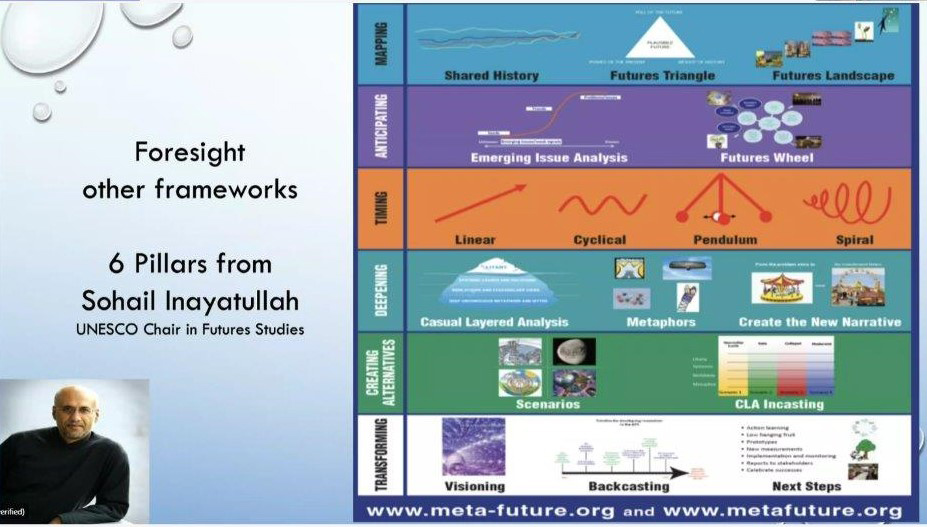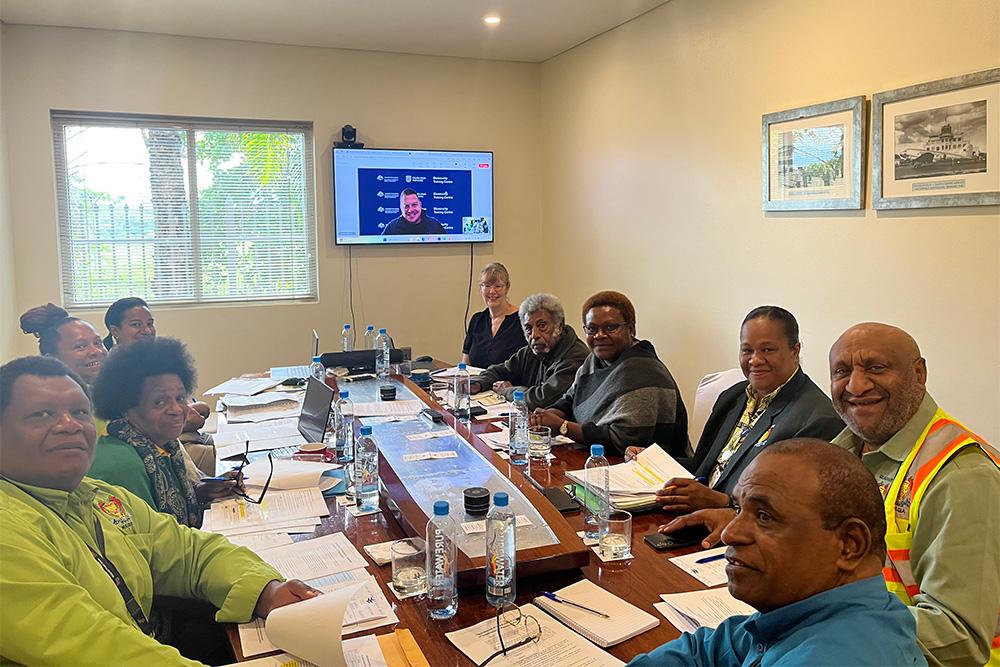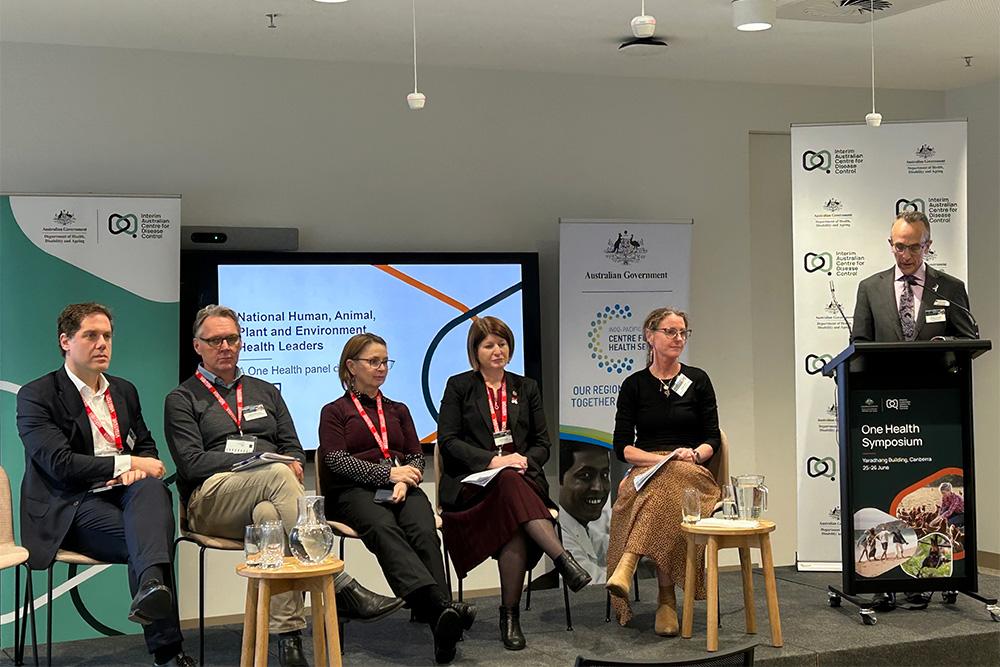Animal diseases and pests are dynamic – as we have seen in recent years with the emergence and spread of diseases around the world. Strategic foresight is not just a concept but a critical tool for identifying emerging issues, and thereby supporting our preparedness and resilience.
The Office of the Chief Veterinary Officer (OCVO) has long had a focus on horizon scanning and strategic foresight, and using the insights generated from these activities to inform decision making as part of a future-focused approach.
In 2024, OCVO re-established a National Animal Health Horizon Scanning and Foresight Network. This network brings together officers from the Department of Agriculture, Forestry and Fisheries, and jurisdictional counterparts, as well as colleagues from Animal Health Australia, Wildlife Health Australia and the Australian Centre for Disease Preparedness.
The network re-emerges at a time when the need for a systematic approach to anticipate and prepare for the ‘unexpected’ is increasingly vital. Whether exploring the drivers of disease outbreaks, the influence of climate change, the impacts of misinformation, or the opportunities and threats associated with technological advancements, the network aims to inform present-day decision-making and our future-readiness.
Championed by the Australian Chief Veterinary Officer, Dr Beth Cookson, the network applies a collaboration approach to identify and explore emerging issues and what they could mean for animal health in Australia.
The network is not just a forum for sharing intelligence, but it also provides an animal health foresight community of practice, bringing officers with a shared interest to enhance foresight capabilities. The re-launch of the network coincided with a series of horizon scanning workshops delivered by Dr Peter Black, a veterinarian and foresight expert. These workshops provided training in scanning for emerging trends, mapping of drivers of change, and the collaborative use of foresight tools.
The network aims to continue drawing on foresight experts, including from abroad, during regular meetings. This will help continually build foresight capabilities across Australia, ensure best practice approaches and provide a source of inspiration. While strategic foresight does not attempt to predict the future, it does aim to prepare for and influence the future.
Intergovernmental organisations, such as the World Organisation for Animal Health (WOAH), are also increasingly using foresight tools. To mark its 100th anniversary, WOAH undertook a participatory foresight exercise, bringing together over 70 participants around the world in a series of online workshops to develop and explore future scenarios. More information is available at Launch of the 100th Anniversary Participatory Foresight Project! - WOAH Bulletin.
Australia has a proud biosecurity history, and undertaking collaborative strategic foresight activities can be an important tool for influencing decision-making and protecting our favourable animal health status into the future.




